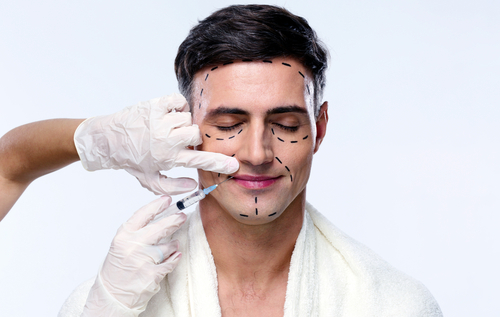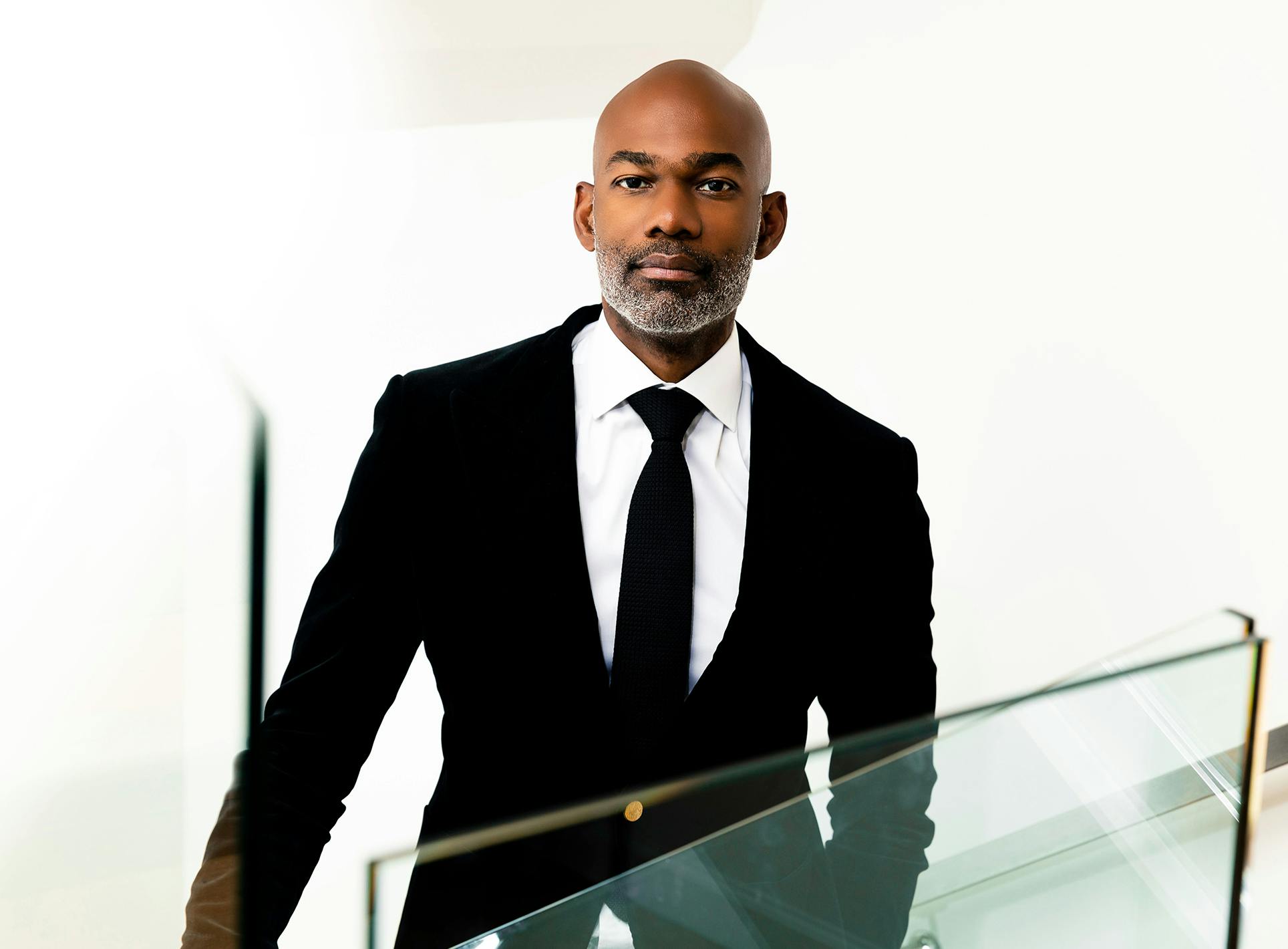The Effect of Self-Image on Decision-Making: Reasons That Many People Seek Cosmetic Surgery for Physical Makeover
The interaction in between self-image and decision-making is an intricate phenomenon, specifically obvious in the boosting fad of people choosing cosmetic surgery as a means of physical improvement. Motivated by a need to meet personal suitables and social expectations, lots of individuals come to grips with concerns of self-esteem that can dramatically impact their options. As exterior pressures from cultural standards and social media intensify feelings of insufficiency, a crucial concern emerges: what are the underlying psychological elements that drive this quest of transformed appearances, and what implications do these decisions hold for individual identification and health?
Understanding Self-Image
Self-image refers to the mental photo and assumption a specific holds about themselves, encompassing elements such as physical look, individuality traits, and general self-respect - mommy makeover rancho cucamonga. This interior depiction dramatically affects just how people communicate with the world and can be a driving force behind different life options, including the decision to undergo cosmetic surgical treatment
A favorable self-image commonly associates with greater self-confidence and a sense of confidence, promoting a proactive method to life. Conversely, a negative self-image may bring about sensations of insufficiency and discontentment, triggering individuals to seek exterior remedies to viewed problems. This mission for improvement can show up in the need for physical improvement with cosmetic procedures.
The pervasive nature of media and peer comparisons can enhance sensations of instability, inspiring people to change their appearance in quest of approval or approval. Recognizing these dynamics is essential in comprehending the inspirations behind cosmetic surgical treatment.
Emotional Elements at Play
Countless psychological aspects affect an individual's choice to seek cosmetic surgical treatment, usually rooted in deeper psychological and cognitive processes. One considerable variable is low self-confidence, which might arise from unfavorable self-perceptions or frustration with one's look. Individuals with decreased self-regard might believe that changing their physical attributes will enhance their general worth and approval in social contexts.
Additionally, the concept of body dysmorphic condition (BDD) plays a critical role. Individuals struggling with BDD experience an obsessive emphasis on regarded imperfections in their look, leading them to seek surgical intervention as a service. This compulsive wish for improvement can dramatically misshape their self-image, driving them to seek treatments despite the potential for adverse outcomes.

Societal Stress and Expectations
A significant impact on people' decisions to undergo plastic surgery originates from societal pressures and assumptions that suffuse contemporary society. In an age dominated by social media sites and consistent visual direct exposure, idyllic standards of his response beauty are regularly showcased, producing a prevalent atmosphere where physical appearance is extremely scrutinized. Such criteria commonly dictate what is taken into consideration appealing, leading people to really feel compelled to satisfy these suitables.
In addition, the normalization of cosmetic see improvements in prominent culture further worsens these pressures - mommy makeover rancho cucamonga. Influencers and celebrities freely discussing their operations can produce an assumption that such modifications are not just acceptable but preferable. This phenomenon can stimulate sensations of inadequacy in people who might feel their all-natural appearance does not straighten with societal criteria
In addition, the influence of peer groups can not be forgotten. Individuals may run into direct or indirect stress from buddies or household, leading to a common recognition of plastic surgery as an acceptable ways to attain an idyllic self-image. Consequently, these societal expectations can dramatically impact personal decision-making processes, commonly outweighing intrinsic motivations for self-improvement and promoting a culture where physical improvement is sought as a remedy for perceived shortcomings.

Case Research Studies and Individual Stories
Numerous people have actually shared their individual trips regarding cosmetic surgery, exposing a complicated interaction in between self-perception and social impacts (mommy makeover rancho cucamonga). She recognized click here for more info that her choice was greatly affected by media representations of elegance.
In a similar way, a male patient in his late twenties recounted his battle with body dysmorphic disorder, which prompted him to pursue liposuction. His experience highlighted not only a desire for physical change but also a goal for acceptance among peers. Post-surgery, he expressed a renewed feeling of self-regard, albeit with the understanding that inner recognition must come before outside modifications.
These study underscore a broader fad: people commonly check out cosmetic surgical treatment as a pathway to improved self-image. However, the stories additionally expose a vital viewpoint on the stress and expectations that shape these choices, recommending that personal stories are deeply linked with societal norms and worths.
Alternatives to Aesthetic Surgical Treatment

Skin care treatments, consisting of chemical peels and microdermabrasion, can improve skin appearance and tone, dealing with problems like acne scars or uneven pigmentation. Additionally, laser treatment is an effective technique for targeting specific skin problems, such as sunlight damage or vascular sores, promoting a much more vibrant appearance.
For those looking for body transformation, non-invasive fat decrease strategies like CoolSculpting can assist remove stubborn fat deposits without surgical procedure. Fitness programs and dietary therapy are also crucial devices for individuals intending to attain a healthier body picture. Inevitably, these alternatives can offer substantial results while aligning with individual convenience degrees and preferences, promoting a favorable self-image without the durability of cosmetic surgery.
Final Thought
In verdict, the search of cosmetic surgery is commonly driven by intricate interactions between self-image, mental aspects, and social stress. People frequently seek physical change in an attempt to improve self-worth and straighten with regarded criteria of beauty. This phenomenon underscores the need for greater understanding of the underlying motivations and prospective repercussions connected with such decisions. By exploring alternatives and fostering a healthier self-image, individuals may find much more lasting pathways to self-acceptance and health.
The interaction in between self-image and decision-making is a complicated phenomenon, particularly noticeable in the raising pattern of individuals opting for cosmetic surgery as a method of physical improvement.Various psychological factors affect an individual's decision to seek cosmetic surgical treatment, typically rooted in deeper psychological and cognitive processes.A substantial influence on people' choices to undergo cosmetic surgical procedure stems from societal pressures and assumptions that pervade modern culture. People may encounter straight or indirect stress from good friends or family, leading to a public validation of cosmetic surgical procedure as an acceptable methods to accomplish an idyllic self-image.Numerous individuals have actually shared their personal trips relating to cosmetic surgery, disclosing a complicated interaction between self-perception and social influences.